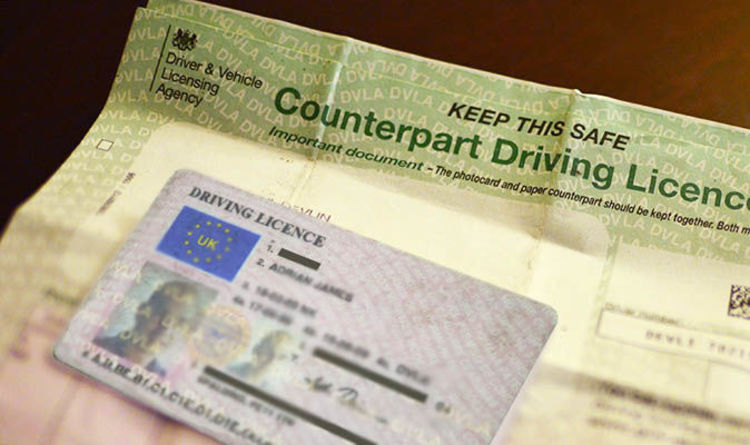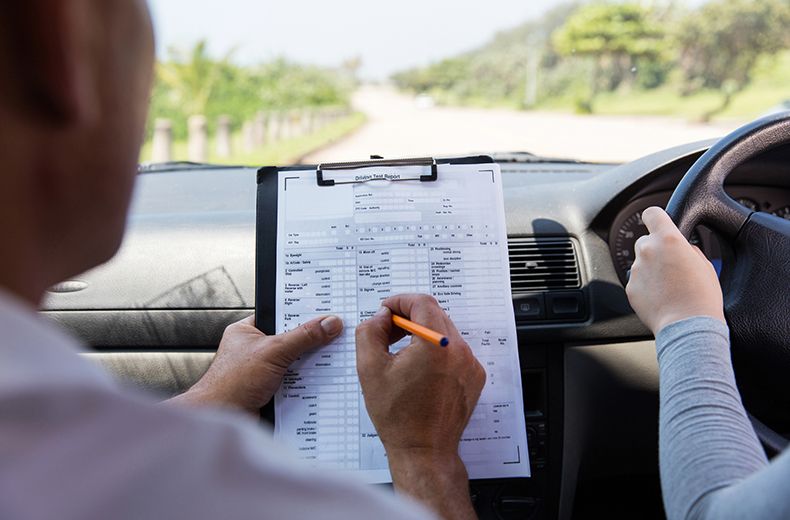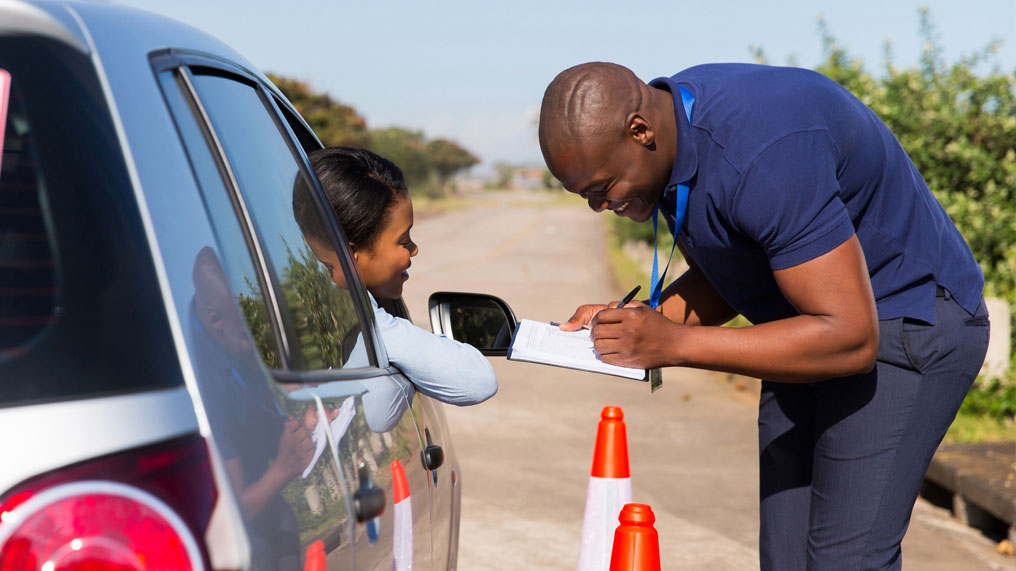Want to get a Driving Licence in the UK? Here Are Some Tips for Anxious Drivers
By Ushna on Jan 12, 2022Do you have driving test anxiety and need to remain calm? According to DVSA research, most British people will fail their practical exam the first time they take it. The pass percentage for practical examinations in the UK is 46.4%, which indicates that most candidates will have to deal with test anxiety many times.
But don't worry, with our tried-and-true strategies and suggestions, you'll have the highest chance of passing the first time without the stress! We all get nervous during driving tests in the UK, but they impact some individuals more than others.
Below you'll discover some beneficial information and ideas for ensuring that your driving test anxieties don't ruin your chances of passing the first time! It's critical to feel confident before you take your driving test in the UK in order to battle the dreaded driving test jitters. You must believe in yourself, and keep in mind that your instructor would not have suggested you if they didn't think you were capable!
Practice Makes Perfect
Make sure you've gone over all of the movements and driving routines you could be assessed on in your exam many times before taking it. This will make you a lot more confident and help you get rid of those jitters. The worst-case scenario is if you begin your driving test unsure about a specific maneuver and the examiner then asks you to do it. This is not going to help your nerves! If you're having trouble with a particular maneuver, ask your teacher to spend additional time on it.
Don't Think About It Too Much
Are you having trouble getting your driver's license because you're nervous? The driver knowledge test is a multiple-choice exam that evaluates your driving ability. The road exam demands you to show your driving abilities on two roads in a controlled, standardized environment. Suppose you're apprehensive about taking the initial steps toward getting your driver's license and brushing up on your present knowledge. In that case, the g1 exam with free practice questions will help.
Always Arrive on Time
First, it's self-evident that being on time for your exam will put you in the best possible position. Arriving late puts you in danger of missing it entirely, but hurrying to make it on time will leave you agitated even if you do make it. Arrive at the exam centre 10-20 minutes early so you have enough time to prepare but won't have to wait long. It's also critical to obtain a decent night's sleep to minimize needless tension or worry.
Pay Attention to Your Lecturer
After many hours of driving instruction, your teacher will have a decent idea if you're up to the task of passing your test. It's not in their best interests for them to push you to take your exam early since it will waste their time, lower their pass rate, and undermine your confidence. Have them believe in yourself if they think you're capable. They'll also have a good sense of your shortcomings; request that they get addressed in class, and consider taking a last-minute session before your exam to help you relax.
On Exam Day, Don't Overdo It
There's no need to beat yourself up over parallel parking now when you've spent the previous several days, weeks, and months studying for your exam. Take a drive about before the test, but don't tell yourself that you need to make the ideal turn on the road just before the exam.
Limit Your Caffeine Intake
After being up all night fretting, you may believe you need all the coffee in the world, but taking too much caffeine before your exam might make you feel anxious and worried. Drink lots of water or something naturally relaxing like chamomile tea instead.
Do Not Skip Meals
Eating may be the last thing that comes to your mind, but you won't be able to pass your exam if you don't eat. You will be able to focus better if you eat something before your exam. A banana will suffice in place of a full meal.
Consider it Simple
Even if the examiner is wearing a high-vis jacket and wielding a clipboard, trying to think of it as simply another practice test, you'll still give it your all. Still, you'll be less concerned about things going wrong. Remember that no one is asking you to do anything you haven't previously done in class.
The Bottom Line
The purpose of your driving test isn't to see how quickly you can reverse around a bend. Don't be nervous when it comes to the movements; take your time and remember that you can always rectify yourself. Since the examiner will make sure you do the necessary checks and finish the move safely.


